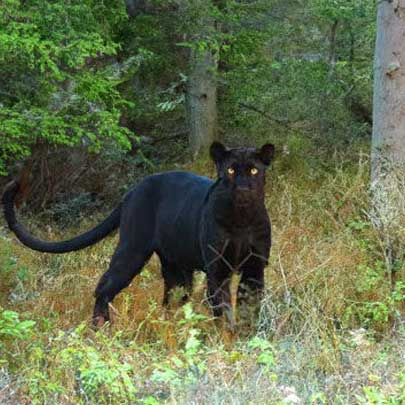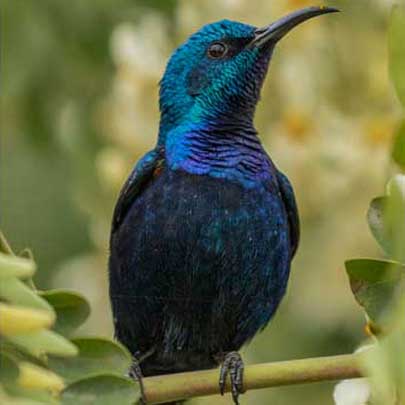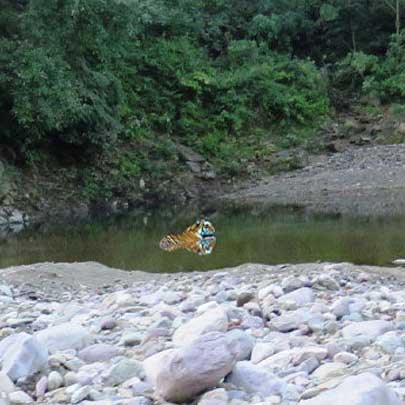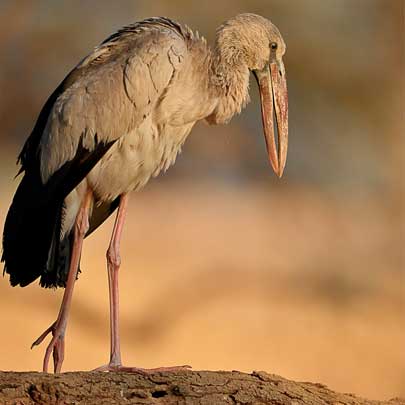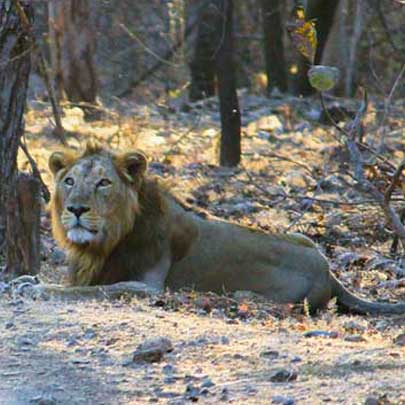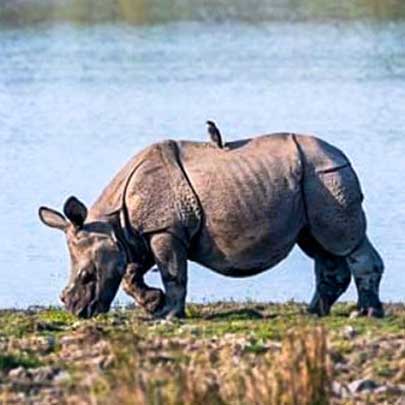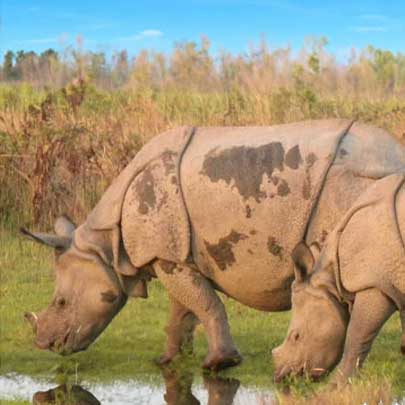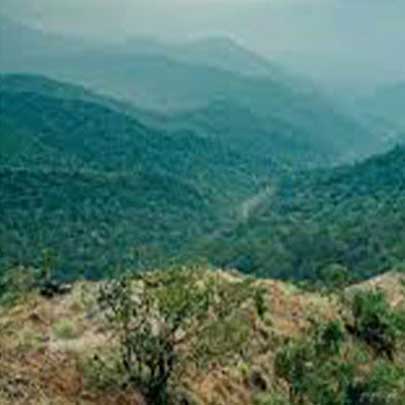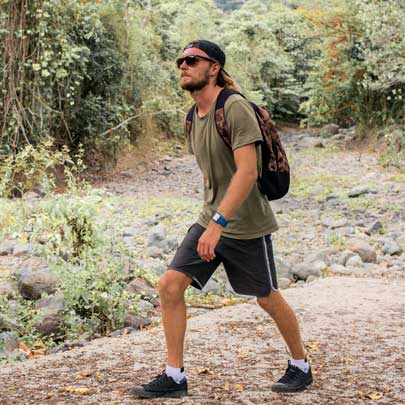Responsible Tourism In Kanha: Leaving Only Footprints
Responsible tourism in Kanha National Park is about enjoying the wilderness while minimizing our impact on the environment and supporting local communities. Here's how travelers can practice responsible tourism and leave only footprints in Kanha:
**1. Choose Eco-Friendly Accommodations:
- Opt for lodges and resorts that prioritize sustainability and eco-friendly practices. Look for accommodations with green certifications, solar energy usage and waste management initiatives.

**2. Follow Park Rules and Guidelines:
- Respect the rules and guidelines set by the national park authorities. This includes staying on designated trails, maintaining a safe distance from wildlife and adhering to speed limits during safaris.

**3. Minimize Single-Use Plastics:
- Reduce your plastic footprint by bringing reusable water bottles, bags, and containers. Avoid single-use plastics such as straws and disposable cutlery.
**4. Support Local Communities:
- Engage with local communities by purchasing locally made crafts and souvenirs. Choose restaurants and shops that source their products from local suppliers, thereby supporting the livelihoods of residents.

**5. Respect Wildlife and Their Habitat:
- Observe wildlife from a safe distance and avoid disturbing their natural behavior. Refrain from feeding or attempting to touch animals. Be mindful of noise levels to minimize stress on wildlife.

**6. Conserve Water and Energy:
- Practice water and energy conservation in your accommodations. Take shorter showers, turn off lights and electronics when not in use and participate in towel and linen reuse programs.
**7. Practice Leave-No-Trace Principles:
- Leave the environment as you found it by packing out all your waste. Dispose of litter properly and avoid leaving behind any trash or non-biodegradable items.
**8. Participate in Responsible Safaris:
- Choose safari operators that prioritize responsible tourism practices. Opt for guided tours led by trained naturalists who emphasize wildlife conservation and environmental education.

**9. Educate Yourself and Others: - Learn about the local ecosystem, wildlife, and conservation efforts in Kanha National Park. Share your knowledge with fellow travelers and encourage them to practice responsible tourism.
**10. Support Conservation Initiatives: - Contribute to conservation efforts by donating to reputable organizations working to protect wildlife and their habitats in Kanha. Volunteer opportunities may also be available for those interested in hands-on involvement.
By practicing responsible tourism in Kanha, visitors can enjoy the natural beauty of the park while actively contributing to its preservation for future generations. Leaving only footprints ensures that the environment remains pristine and wildlife habitats remain undisturbed for years to come.































